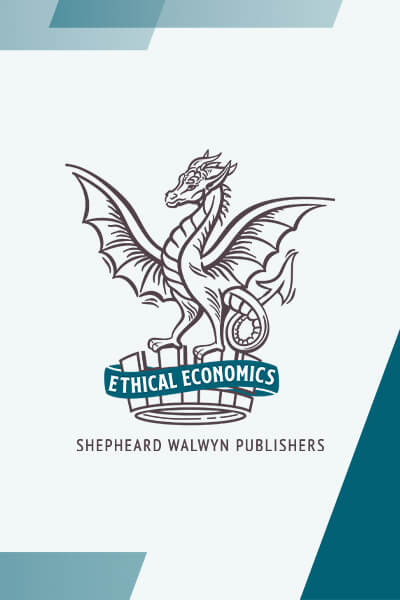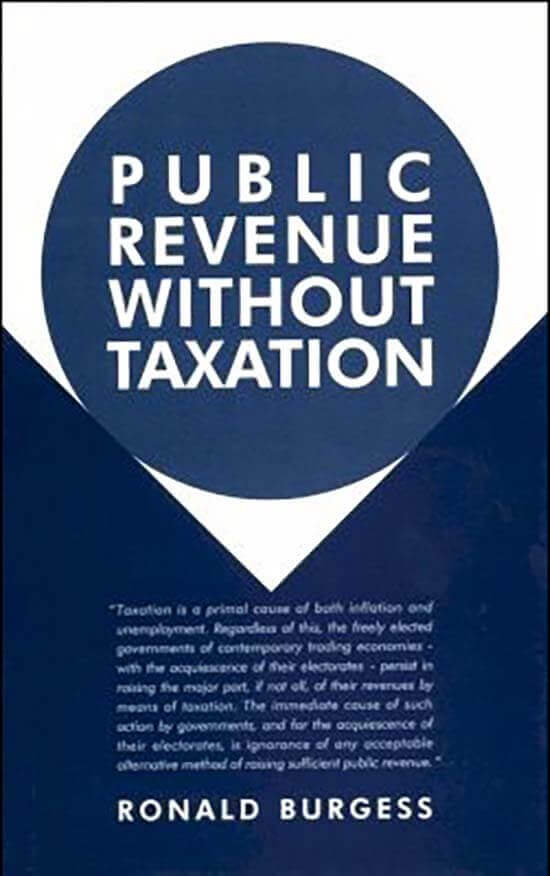This is the dilemma facing the British government – and many others – as they struggle to meet the rising costs of the welfare state while trying to eliminate the budget deficit. The options are either to increase taxation, never a popular move, or to increase borrowing. The cost of the former will fall on present taxpayers, the latter on future generations and the young of today who are being wooed by Jeremy Corbyn.
What is not under consideration is serious reform of the tax system itself to ensure that the cost of collecting taxes is kept to a minimum and that the damaging impact of taxation on the economy is eliminated. In recent years the House of Commons Public Accounts Committee has repeatedly condemned the inefficiency and unfairness of the present system.
A more trenchant criticism came from Lord Soames in 1978: “If one were to set out with a specific, stated objective of designing a tax system which would penalise and deter thrift, energy and success, it would be almost impossible to do better than the one which we have in this country today.”
Mervyn King (the former Governor of the Bank of England) and John Kay in the Preface to their British Tax System (1990) wrote: “What is required is a strategy for tax reform. The warm reception initially given to the radical Budgets of 1984 and 1988 illustrates the extent of demand for reform. But the structure of the tax system is little improved and there was, in fact, no articulated strategy for such change behind these Budgets.”
So far the government has not seen the need, so an increasingly complex tax system continues to disadvantage the poor and to exert a drag on the economy generally.
However, serious thought was given to tax reform by the author of Public Revenue without Taxation. He writes that “taxation is a primal cause of both inflation and unemployment”. He also points out that “the development of Keynes’ general theory of employment leads to the conclusion that an open trading economy is likely to be most competitive, and therefore most prosperous, only when all taxation is abolished.”
To illustrate how a start could be made to eliminate taxes, Burgess draws on the distinction Alfred Marshall made between ‘the public and private value of freeholds’ to reveal a source of revenue that is peculiarly public, that arises from the very nature of a trading economy, that is not a tax in the conventional sense, and does not offend against the principle of private property.
As Andrew Purves describes in No Debt High Growth Low Tax, even when this source of revenue is only partially tapped, it has a dramatic effect on the economy.







